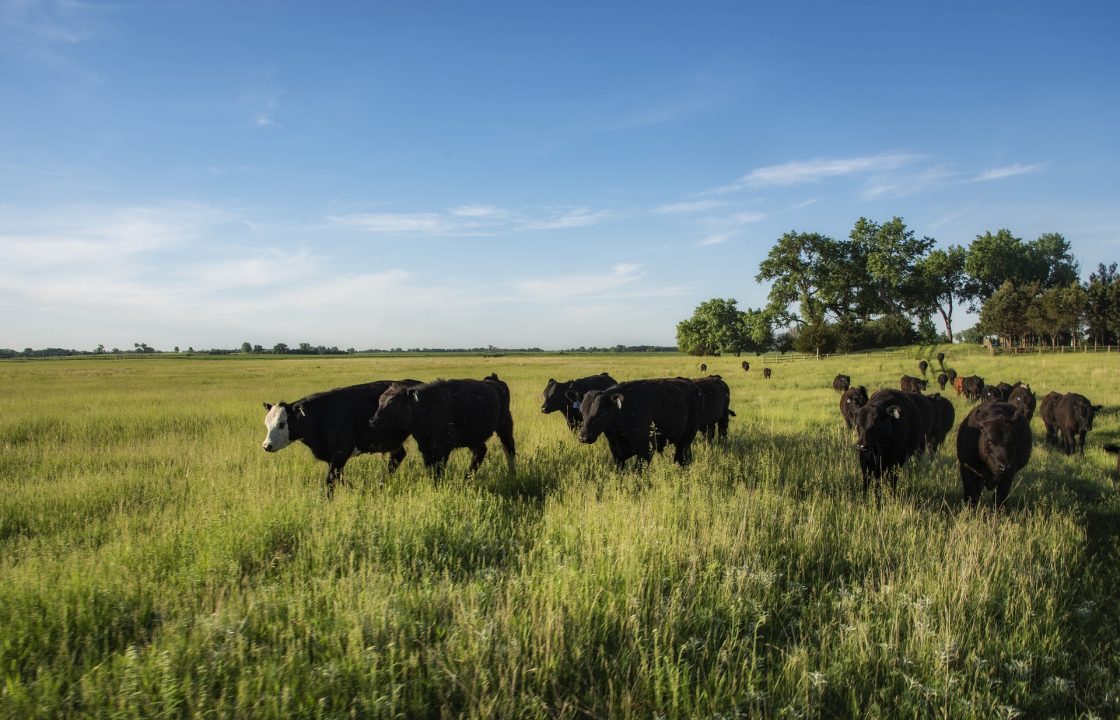Grass-Fed vs. Grain-Fed: Which Should We Choose?
Consumers’ reasons for buying beef from “grass-fed” cattle vary and are based mainly on perceptions, including promotion of animal health and well-being, environmental sustainability, and/or production of meat products with a changed nutritional profile. Reducing the external carcass fat of beef has been one of the most important breeding goal …













